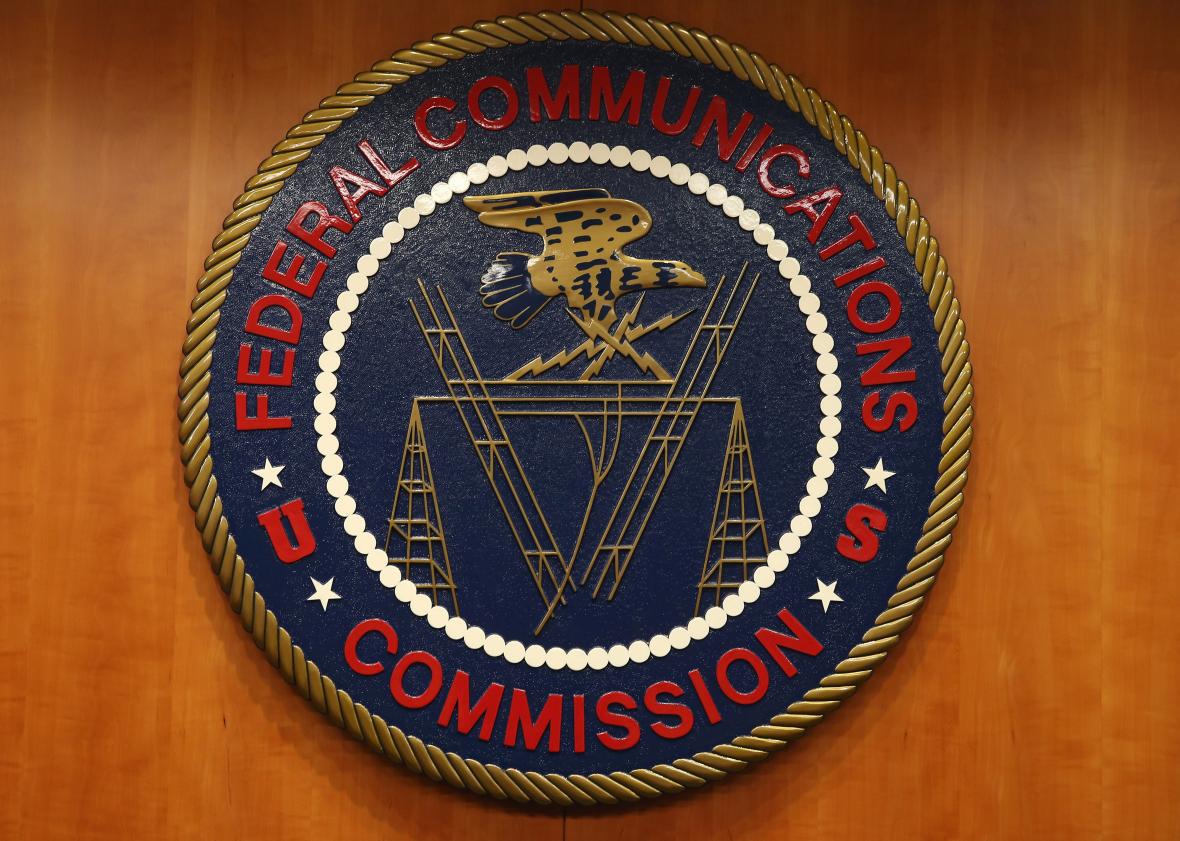The Pew Research Center released a study Wednesday that raised questions about the legitimacy of many of the 21.7 million comments from the public on the FCC’s website regarding net neutrality.
The FCC had a public commenting period from April 27–August 30 on regulatory revisions that would effectively end net neutrality, the principle behind Obama-era provisions that prevent internet service providers from controlling the speeds at which websites load for users.
Jessica Rosenworcel, an FCC commissioner, told Slate earlier this month about her concerns that a majority of the public comments were fake—and that most of these fake comments expressed opposition to net neutrality. She told Slate’s technology writer April Glaser, “I think it’s important for the agency to get out from behind its computers and actually meet with the public on these matters face to face.”
Pew says its study found that 94 percent of the submissions were posted multiple times, 57 percent came from temporary or duplicate email addresses, and only six percent were original. There were nine instances in which over 75,000 comments were posted at the exact same second, and often the content was very similar if not identical. The seven most repeated comments made up 38 percent of all the posts, and a mere three percent were shown to have gone through the FCC’s email-verification procedure.
Aaron Smith, the associate director of research on internet and technology issues for Pew, said in a statement that the study demonstrates “the relative ease with which online commenting systems allow groups and individuals to mount large-scale campaigns for public policies.” He characterized this sort of manipulation as a relatively new phenomenon, noting that there were only 450,000 comments to the FCC during the last major net neutrality debate in 2014.
The debate over net neutrality has been a contest between competing visions of the internet. Supporters of the stricter regulations desire an egalitarian internet that is not split up into tiers based on speed, while FCC chairman Ajit Pai and other net neutrality critics see it as stifling free market principles.
